SIFFORUM | Disrupting and Rebuilding: How the AI Era Is Forcing Directors to Step Up Their Game
As global cinema marks its 130th anniversary and Chinese cinema celebrates its 120th, AI technology is emerging as a disruptive force reshaping the landscape of the film and television industry. On the afternoon of June 18, the 27th Shanghai International Film Festival hosted the SIFFORUM: The Future Unfolding - International Film & TV Cooperation amid Technological Change at the AI Creation Ecology Center in Shanghai High-tech Films and Televisions City.
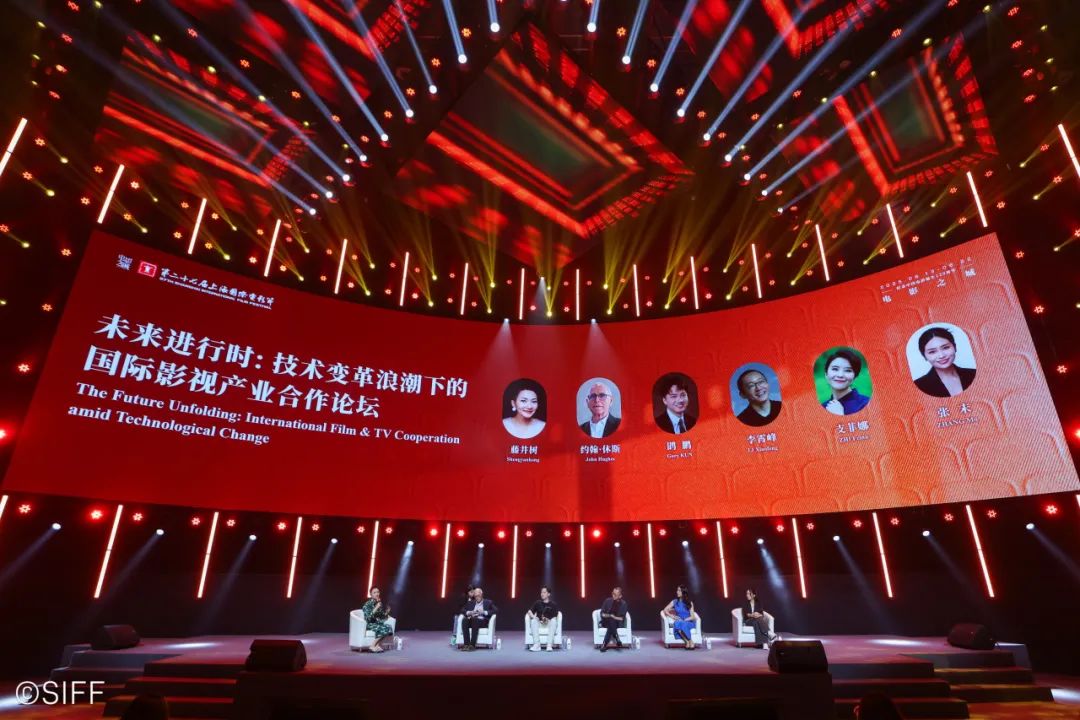
The forum addressed how AI is revolutionizing creative ethics and production workflows, highlighting a core theme: as AI lowers the barriers to content creation, human emotional storytelling and imagination are becoming the ultimate competitive edge in the industry.
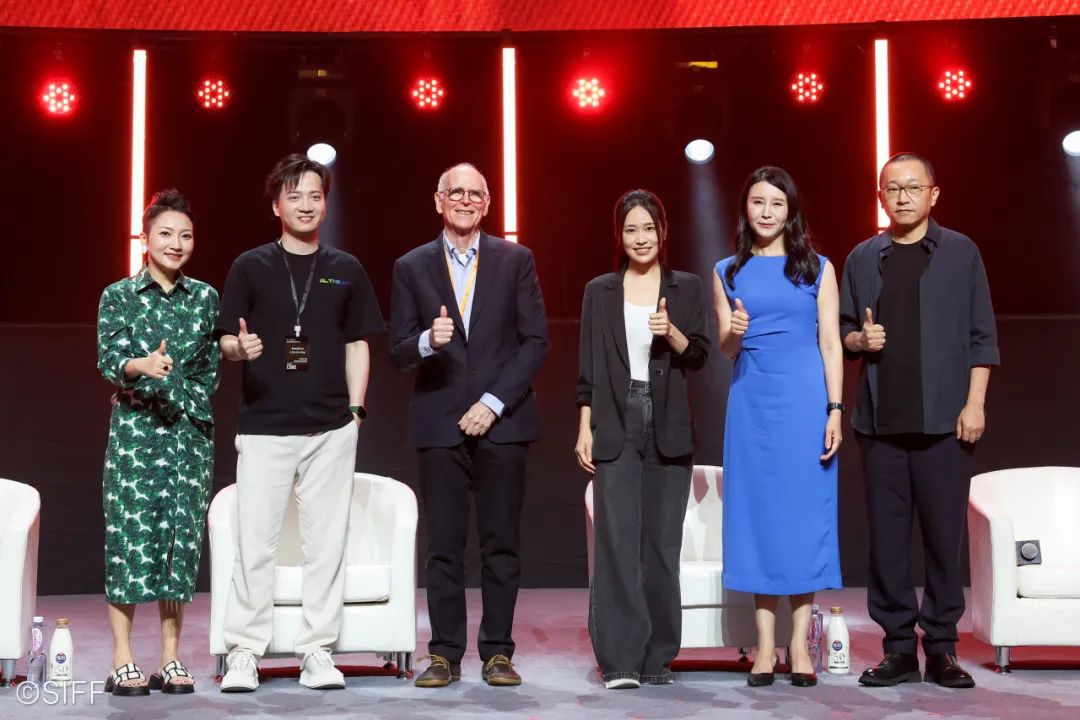

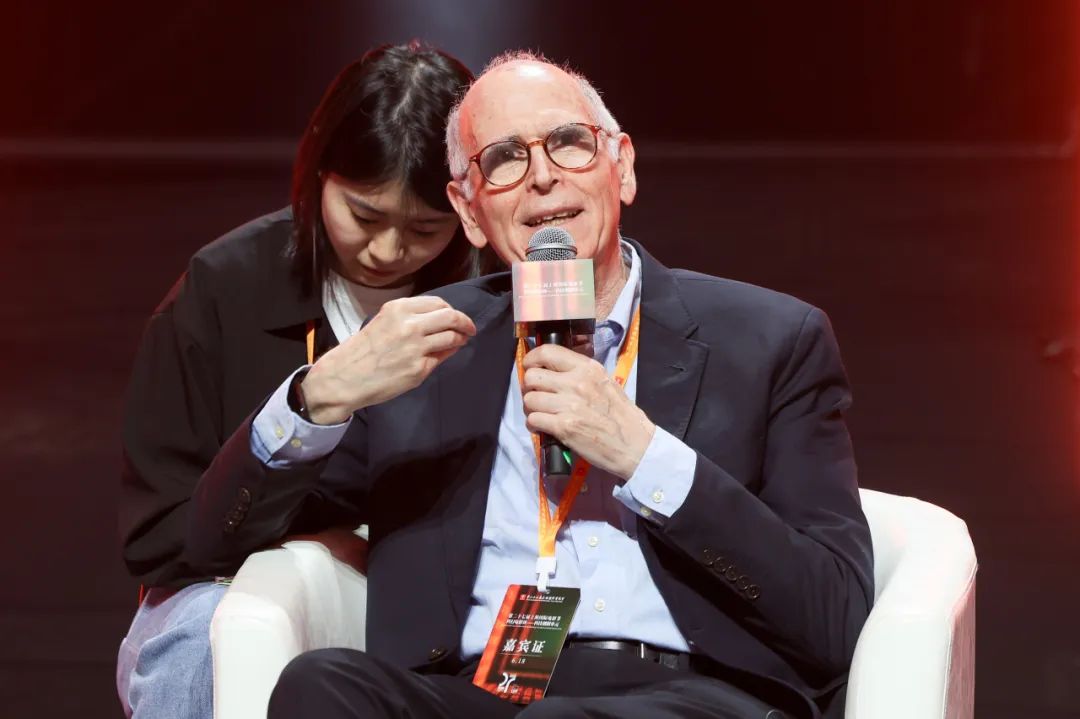
John Hughes
Founder of R&H and TAU; Representative of Hollywood’s VFX industry
Having worked in the visual effects industry for many years, I’ve witnessed firsthand the evolution from writing our own software to using GPUs for sophisticated simulations,” said John Hughes. “In this year’s SIFF opening film She’s Got No Name, we used AI to simulate the movement of wild boar hair in a scene where Zhang Ziyi fights a boar - something unimaginable in the past. However, he noted, technological advances have also raised the bar. Directors now expect more precision and perfection, and the pressure on VFX professionals continues to grow.
AI tools like Google’s Veo 3 can now turn text into shot lists and even animated previews,” he added. “Virtual environments generated by AI are cutting down on location costs and time. In sci-fi films, AI can quickly morph actors into aliens, boosting both production efficiency and cost-effectiveness. At present, AI can only generate short video clips, and their quality often needs refinement through other AI tools. But within a year, it’s expected that AI will be able to produce feature-length films at theatrical release quality. But, Hughes emphasized, “AI is fundamentally a statistical tool. It cannot replace the emotional resonance created by human storytelling. While AI may be able to generate film-grade visuals, it is still human-driven narratives that truly move audiences.”
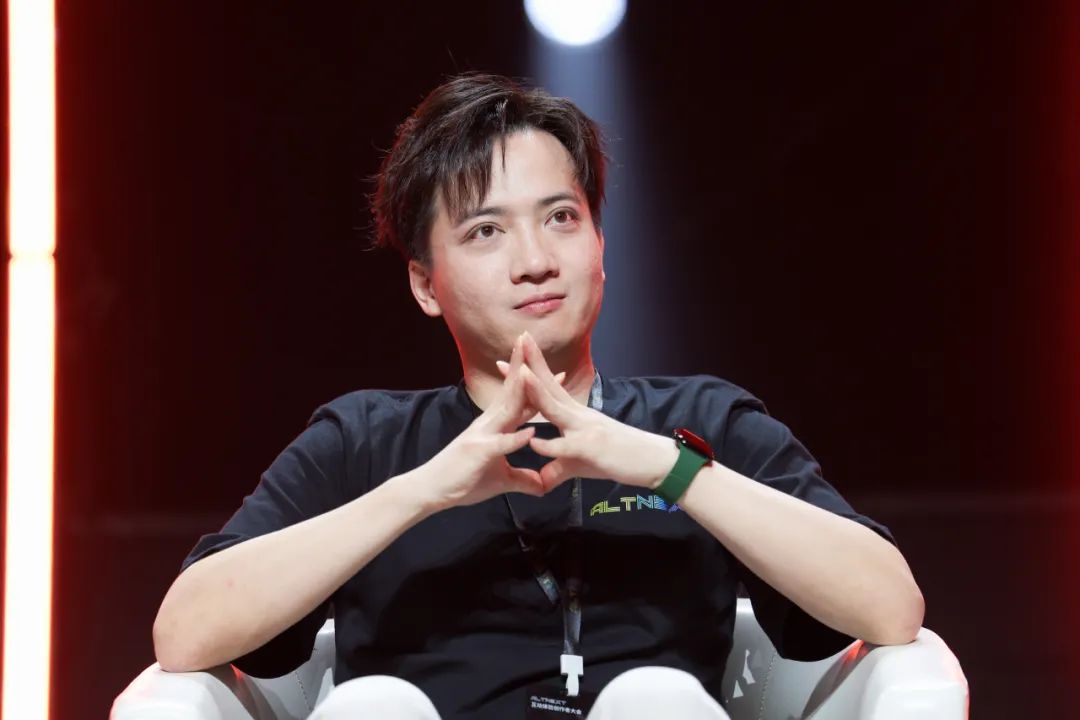
Kun Peng
Founder of Altstory
“With technological transformation, the way users experience films has undergone a dramatic shift.”
Kun Peng introduced the company’s AI-powered interactive video project, Demo, which integrates social elements and allows viewers to play as either the male or female protagonist. Through player choices, viewers influence the storyline, resulting in over 20 possible endings. This interactive format blurs the line between film and video game, transforming the audience from passive viewers into active participants.
One of the major technical challenges, he noted, lies in translating sci-fi imagination into AI-comprehensible commands - for instance, parsing real-time viewer comments (known as “bullet chats”) and incorporating them into the plot. “We’ve already enabled real-time interactions where bullet chats and virtual gifts affect the story,” Kun Peng said. “If a viewer types ‘Run!’, the character may change direction. If someone sends a virtual rocket gift, the character could receive a rocket launcher as a prop.” These innovations are not just technical upgrades to traditional content - they represent an entirely new form of entertainment, similar to how Angry Birds once redefined mobile gaming. The boundary between film and game is being reimagined. “In the future,” Kun Peng emphasized, “AI will empower creators to deliver even more imaginative interactive experiences and drive the development of personalized generative content.”
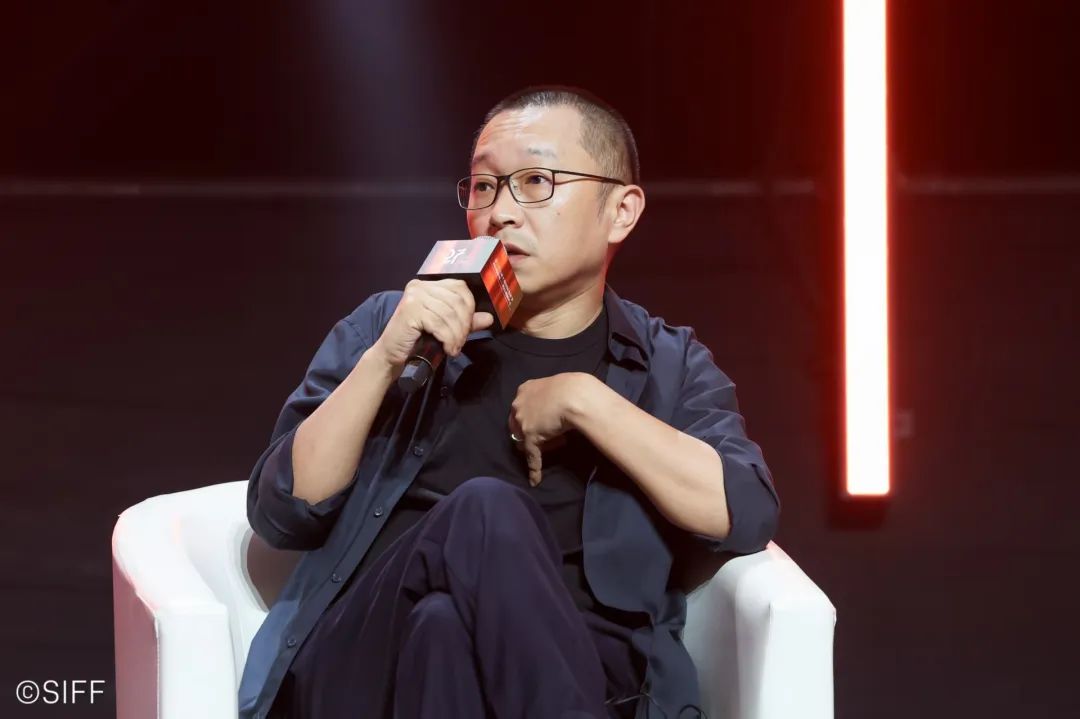
Liar
Director, Screenwriter
“In my film Shadow, which premiered at this year’s Shanghai International Film Festival, there’s a storyline involving AI.” Liar explained that in the film, a family uses AI to forge academic materials in hopes of helping their child gain school admission. “The script was written four years ago. At the time, I believed that AI had the power both to create dreams and to fabricate lies - so I included that element in the story.”
Li expressed a generally open attitude toward new technology, emphasizing that directors are often the first-line adopters of such tools. “I know some major platforms are already beta-testing AI screenwriting tools. This presents a very interesting challenge for directors and writers, though it also brings up many issues in the process.” He shared a recent example where his team wanted to use AI to generate voiceovers using the actor’s own voice and synchronize the lip movements. “Post-production companies in China all responded that it couldn’t be done. The real barrier here is ethical: Does the actor give permission to use their voice and facial data?” “This highlights that behind every technical application lies an ethical dimension. We need to clarify ethical standards and legal boundaries before advancing further.”

Zhi Feina
Professor at the Chinese National Academy of Arts
“From an industry perspective, China holds unique advantages in exploring AI cinema.” Zhi noted that in 2021, the China Film Administration introduced the “Ten Sci-Fi Policies”, and this year, new policies have also addressed virtual reality films - actively driving industry development. “Last year, China accounted for 19% of the global box office, with the U.S. around 20%. No other country exceeded 4%. China and the U.S. are currently the only two nations capable of large-scale AI film experimentation.”
Of course, she acknowledged that AI brings its own set of challenges. “One is the risk of homogenization - what we call the ‘pre-packaged film’ phenomenon. Another is the intense job competition that over 1,000 university film program graduates will face each year.” Still, she expressed confidence in the enduring value of human creativity. “Technology evolves rapidly, but original human imagination remains our core competitive strength.” She also pointed out that the ownership of AI-generated content is still undefined, requiring more regulatory clarity at the policy level. “The AI wave has already arrived. There’s no way to avoid it - we can’t go back to an agrarian society. But we must not be enslaved by technology. Instead, we should chase it, harness it to make ourselves better. Let AI push directors to level up, and let the entire industry rise to meet the challenge.”

Zhang Mo
Director, Screenwriter
“I’ve tried using AI to generate script outlines, but found the content to be formulaic and lacking originality.” Zhang sees AI as better suited for auxiliary roles - such as pre-visualization, first-cut editing, and similar tasks - while maintaining that the core of creativity must remain under human control. “I’ve also visited AI companies doing amazing work,” she said. “But what truly matters is being able to clearly communicate your needs to the AI. It learns and iterates very quickly, which really tests us as its so-called ‘trainers’. You have to give it very specific and detailed instructions if you want it to produce something with the texture and quality you’re envisioning.”
She also spoke about her recent collaboration with the Shanghai Film Group on Snow Dragon, a film that drew her in because of its true-story foundation, exploring the shared emotional experience of humanity in the face of natural disasters. “That emotional core is the heart of the film - and it must be imbued by humans.” Zhang expressed her hope that AI can be used to shorten production timelines, for instance by generating multiple editing versions in different styles within four days - thus freeing creators to spend more time refining the story itself. “Technological advancement brings challenges, yes - but it also injects momentum into the film industry, accelerating development and helping content better meet the needs of today’s audiences.”







